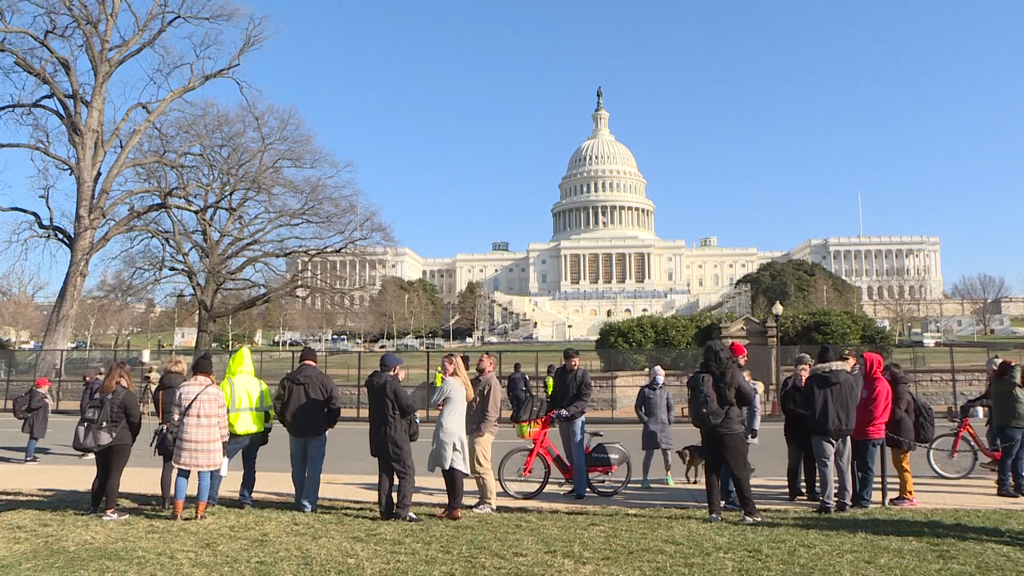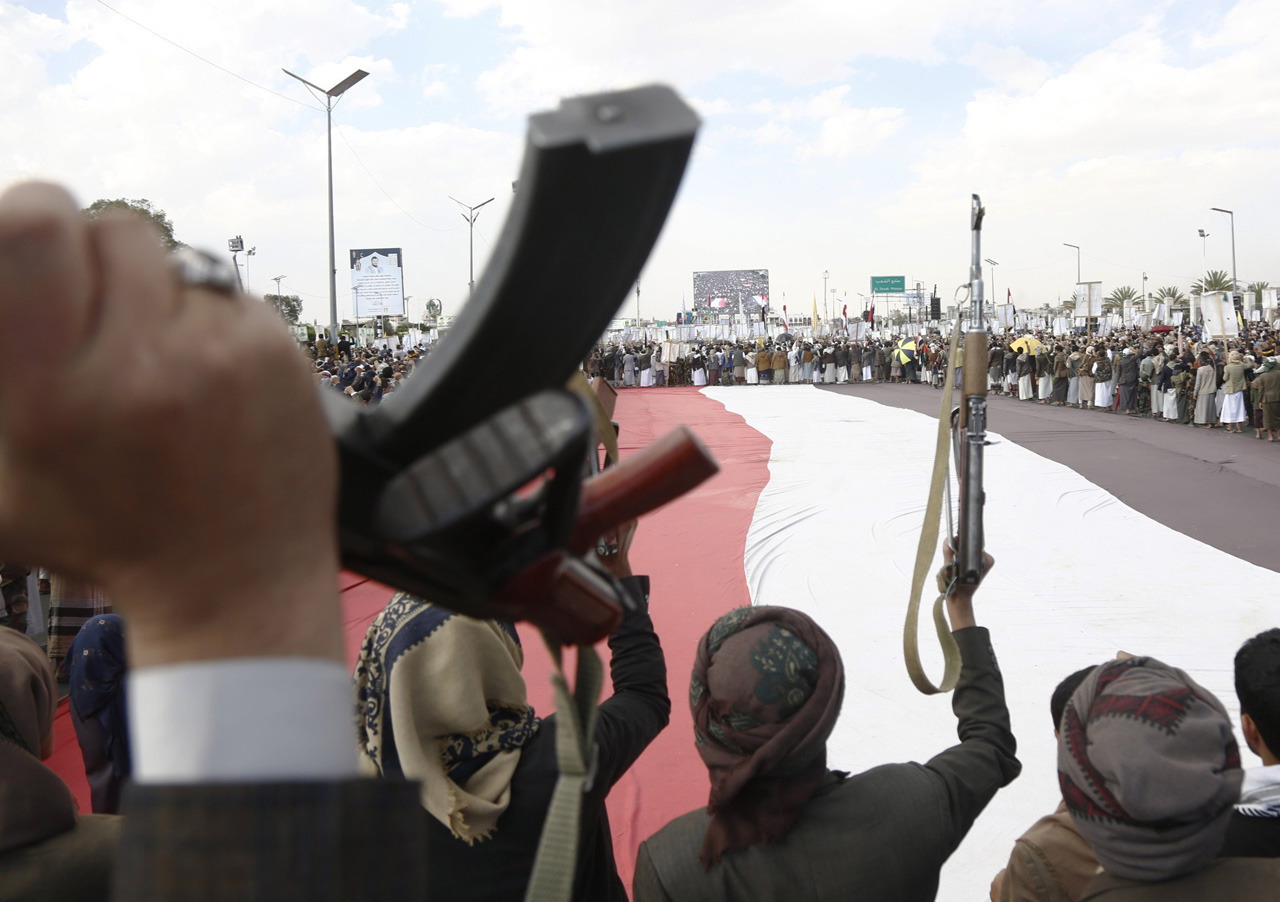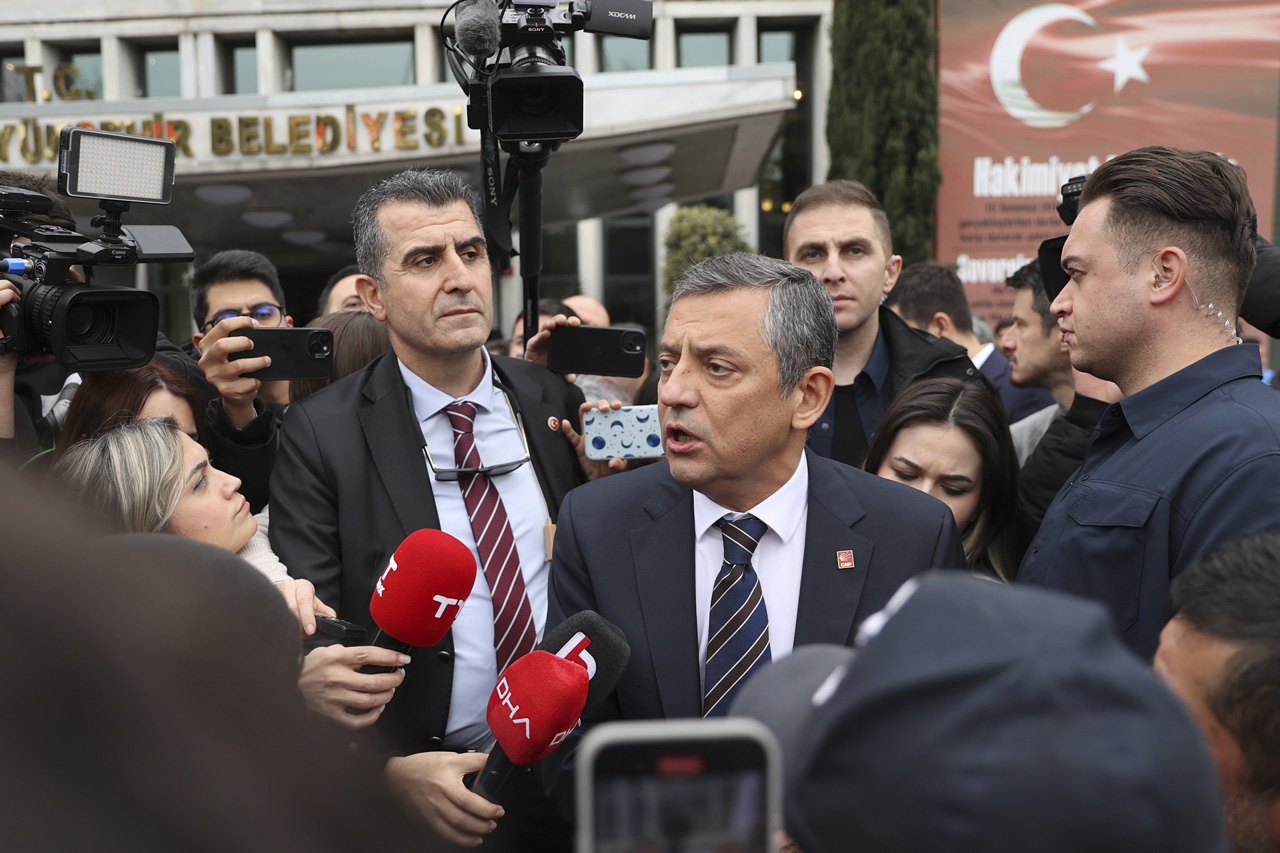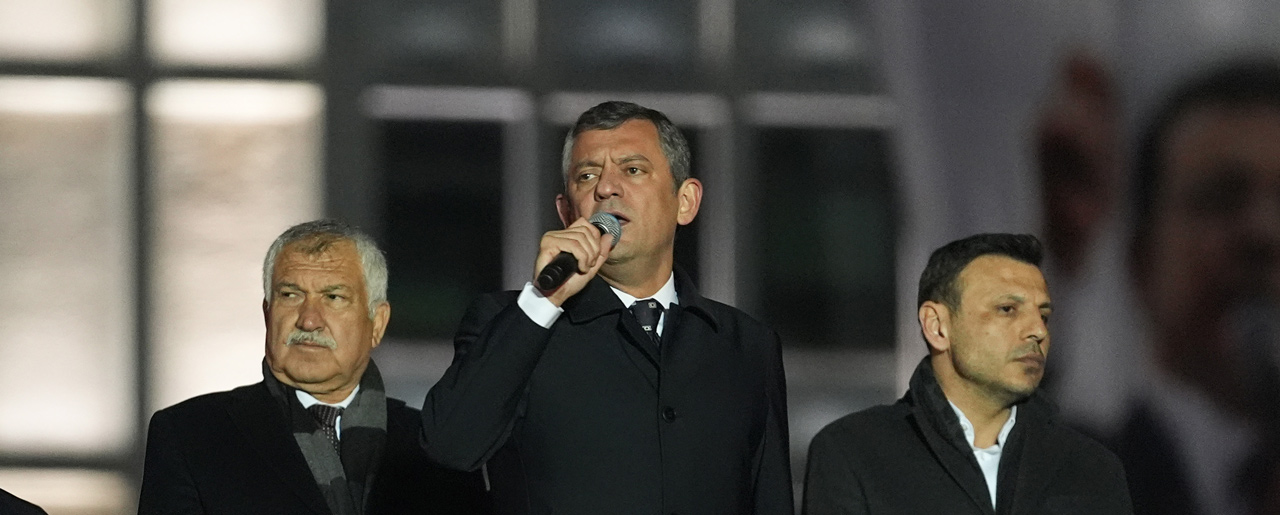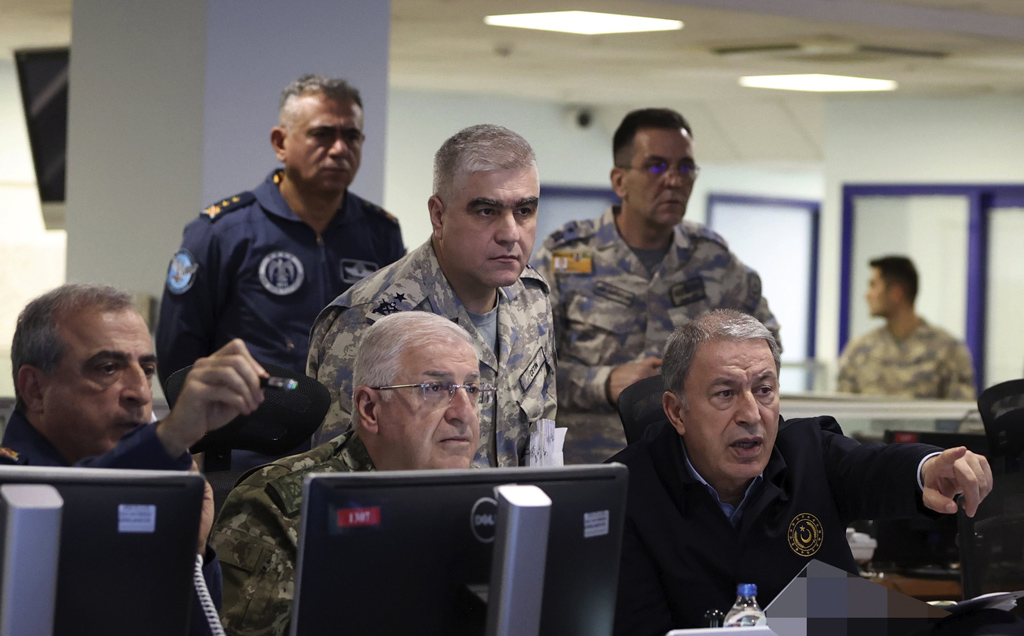
Erdoğan's 'proactive' diplomacy on Syria
President Erdoğan has been working on 2 projects at once as he asserts that Türkiye would undertake a ground campaign against the terrorist groups in northern Syria 'at the most appropriate time' and that he may meet Syria's Bashar Assad 'under the right conditions'
Share
President Recep Tayyip Erdoğan has been doing two things simultaneously. In addition to suggesting that he could meet Bashar Assad “under suitable conditions,” he insists that Türkiye will launch a ground operation against the PKK terrorist group and its Syrian offshoot, the YPG, in northern Syria “at the most suitable time.”
The following questions immediately come to mind:
1- Do those plans contradict each other?
2- Provided that the United States and Russia have a negative view, can Türkiye conduct a ground operation?
3- What would be the timing of the ground operation and a possible meeting with Assad?
Let me provide brief answers before going into the details.
1- Not anymore.
2- They will choose to reach an agreement despite objecting now.
3- At the most suitable time.
The handshake
President Erdoğan shook hands with Egyptian President Abdel Fattah el-Sissi in Doha to further expand his policy of normalization – which covers the United Arab Emirates, Saudi Arabia and Israel.
It might take time to repair the bilateral relations with Cairo and that process might be slower than the rest. That is because Türkiye and Egypt’s policies regarding Libya, Ethiopia and Algeria are not aligned and amount to competition.
Still, that normalization process is significant enough to contribute to tilting the balance of power in the Eastern Mediterranean and the Middle East.
Ankara opened the normalization policy two years ago and it received a warm welcome due to critical changes in global and regional circumstances.
The pandemic, the Biden administration’s policy choices and great power competition – which the Russian invasion of Ukraine deepened – immediately come to mind.
As a result of those changes, there were disagreements within the Western alliance, as regional powers, increasingly feeling the need to take care of themselves, pursued new cooperation opportunities with Russia and China, and attempted to repair their strained ties.
Erdoğan engages in proactive diplomacy against that backdrop. In addition to serving as a mediator in Ukraine, he repairs Türkiye’s bilateral relations and looks for new ways of cooperation without giving up on his counterterrorism agenda.
'No room for being cross in politics'
Stressing that “there is no room for being cross in politics,” President Erdoğan makes a contact with Assad more likely. Accordingly, he gives diplomacy a chance by eliminating symbolic obstacles – as he has done at other stages of the normalization policy. As such, he undermines the domestic opposition’s critique and pursues a new way of doing business with those countries, with which Türkiye has normalized its relations.
Obviously, Syria represents the single greatest challenge here.
Türkiye shares its longest land border with Syria and has been facing problems with terrorist organizations (e.g., the PKK terrorist group and its Syrian offshoot, YPG and the Daesh) and asylum seekers due to the civil war.
The critical question is as follows: How can the intelligence-to-intelligence contacts between Ankara and Damascus be elevated to the level of foreign ministers or presidents?
Bashar Assad’s government wants Türkiye to withdraw from the safe zones in the name of “territorial integrity” and “sovereignty.” It also expects Ankara to stop supporting the Syrian opposition.
The Turkish government would not agree to those terms, since those steps would undermine the fight against PKK-YPG terrorists and the goal of facilitating refugees’ return to Syria.
As such, it is necessary to make progress with the constitutional process to include the opposition, too. That requires lengthy and difficult negotiations.
Damascus must understand that there are 4 million Syrians in Türkiye and between 4 and 5 million Syrians inside the safe zones, which Turkish troops protect.
For contacts between Ankara and Damascus to proceed, the two countries could create a platform for collaboration – albeit with some level of caution and doubt. The way to reach that goal is to align their policies regarding PKK-YPG terrorists. Otherwise, contact between the two heads of state might not achieve anything except eliminating symbolic obstacles.
Türkiye’s priority is to conduct military operations in Tal Rifaat, Manbij and Ain al-Arab (also known as Kobani) since the U.S. and Russia did not comply with the 2019 agreement.
Neither Washington nor Moscow can deny the YPG’s involvement in the terrorist attack in Istanbul. Keeping in mind Türkiye’s active and constructive role in the Ukraine crisis, those two countries obviously need to respect Turkish security interests.
Having eliminated many of the YPG and so-called SDF’s midlevel and senior "commanders," Ankara demonstrated with Operation Claw-Sword its ability to target that entity, which collaborates with the U.S. and Russia.
Right now, Türkiye exploring all possible avenues. In addition to Washington, Moscow and Tehran, it knocks on Damascus’ door. If those initiatives do not yield results, Ankara will launch a ground incursion “at the most suitable time.”
[Daily Sabah, November 28 2022]
Tags »
Related Articles



